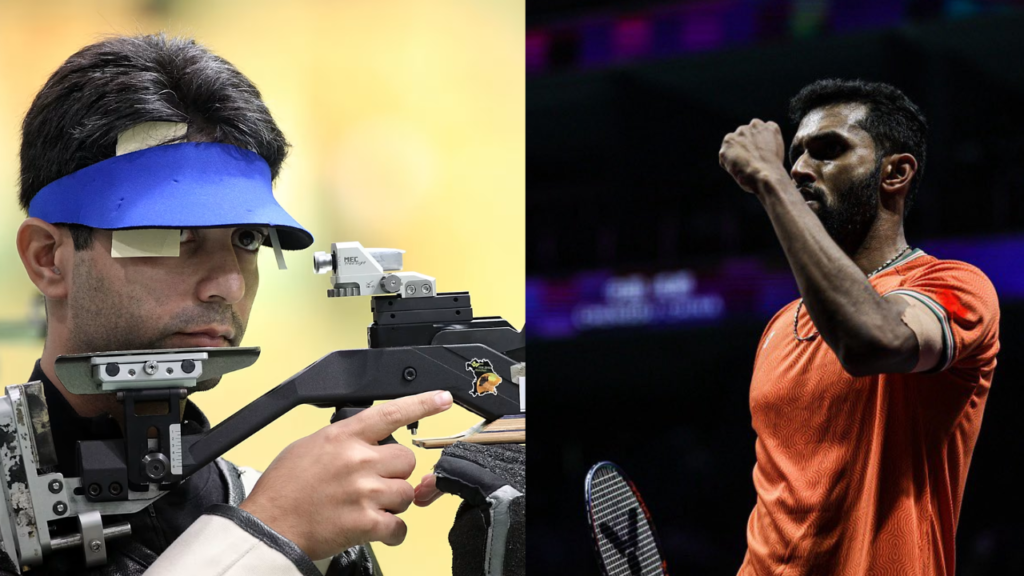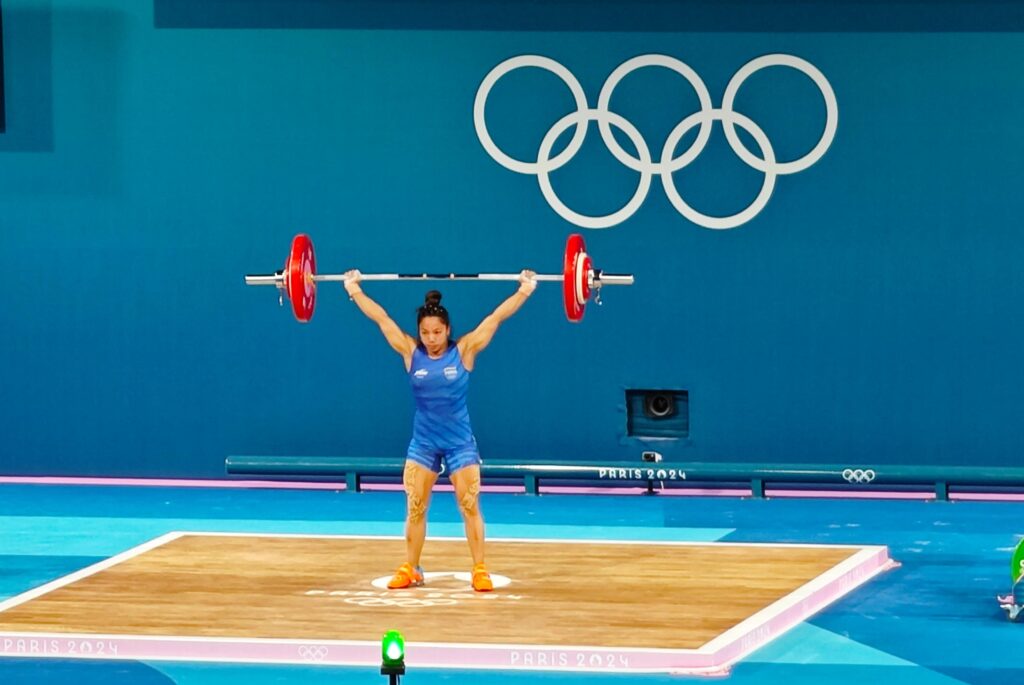
The basic perception about an elite high-performance sportsperson is that he or she is fit and in good health to be able to perform at their best. Peak physical and mental fitness is considered a prerequisite for a successful sportsperson. And yet, a large number of these athletes grapple with health issues throughout their careers, and it is a struggle for each of them to bring out their best game on occasions. On World Health Day, April 7, we look at some of these athletes and what they have to go through regularly – things that often don’t get reported in the media.
Interestingly enough, health issues aren’t in anyone’s control on occasion. Abhinav Bindra, for example, battled epilepsy while shooting the 2016 Olympic final in Rio. “I did not want people to know, because I did not want sympathy,” said Bindra, a very proud athlete. “I failed to win a medal in Rio not because I had epilepsy, but because I wasn’t good enough in the final.”
Also Read World Health Day – when sports icons inspire health awareness
Among the current stars, HS Prannoy, one of the heroes of India’s Thomas Cup win in 2022, continues to deal with Gastroesophageal reflux disease (GERD). “There are days when I don’t even want to go to the gym to train,” said Prannoy. “On such days, I don’t want to play because I know my body won’t allow me to perform well. It is very hard to deal with on such days. You don’t know which days it will hit you, and as a result, it impacts your mind ahead of big competitions.”
The other Indian athlete who has grappled serious health issues is Mirabai Chanu. In her words, “At the Asian Games in 2023, I wasn’t well. The deep desire to do well and win a medal for my country pushed me to try. But I now realise it wasn’t the best thing to do. The pain was severe, and it just kept increasing each time I tried. To stay patient and not practice is very difficult.”

For PR Sreejesh, who managed to maintain peak physical and mental fitness for decades, it is that decisive one percent that makes a difference. “We used to concede goals at the very end of a match,” he said. “That’s because we would be physically tired by then. And when you are physically tired, your mind is certain to make a mistake. Now, we are one of the fittest teams physically and mentally, and that’s what is making the difference.”
It is best summed up by Neeraj Chopra. “All I want to do in the next few months is stay injury-free,” said Neeraj. “If I am able to stay healthy and fit, I will be the best prepared for any event. The result will then take care of itself.”
On World Health Day, it is important we acknowledge that sportspeople, who look fit and healthy, can also have physical and mental-health issues, and often find it hard to deal with them. Acknowledgement will help us understand their achievements better, and appreciate them more. Most importantly, failure will then be treated with more sensitivity than we tend to do at the moment. That, in turn, will make us a more tolerant society than we are right now.



